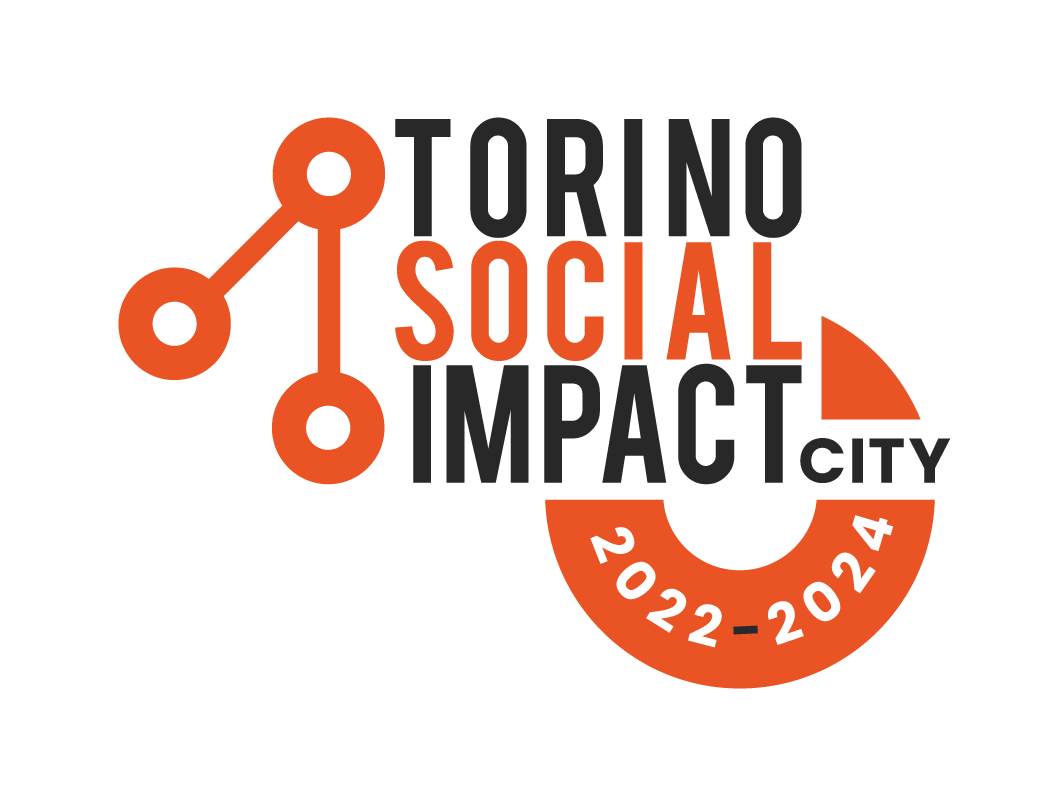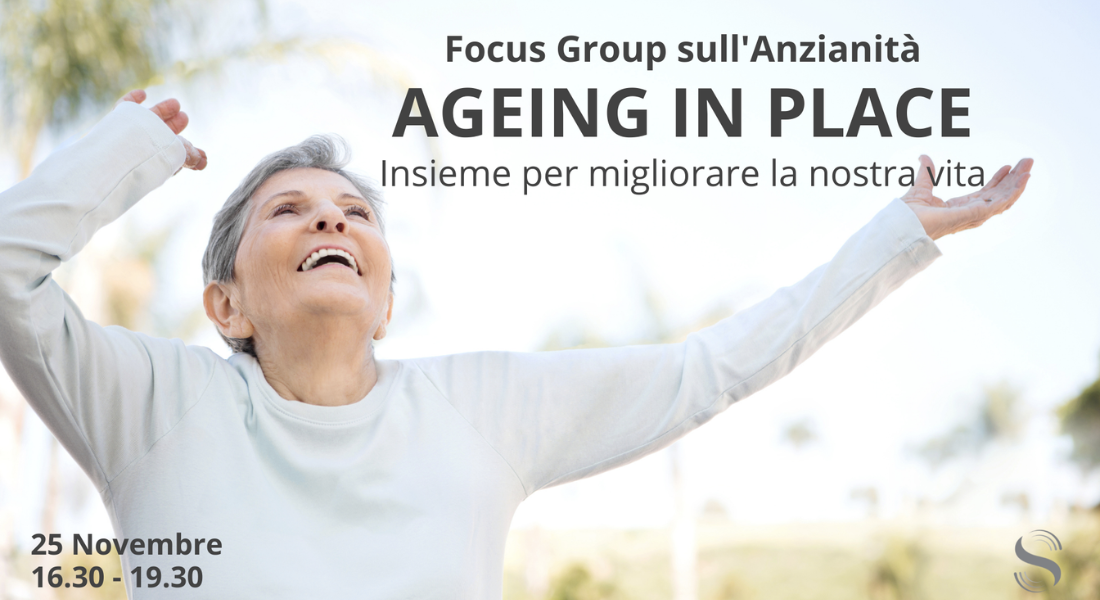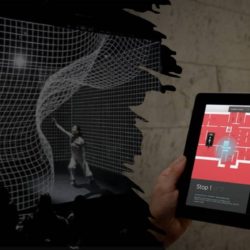On 25 November 2022, the focus group ‘Ageing in Place’ proposed by the Turin-based start-up SensoArgento was held at the Circolo del Design in Turin. Led by industrial designer Andrea Strippoli and digital entrepreneur Marcello Chiesa, representatives of the social assistance ecosystem in the Turin area took part in a workshop with the aim of analysing the main issues related to elderly care and identifying possible actions to be implemented to improve the current care offer using digital tools.
There are about 14 million people over the age of 65 living in Italy, many of whom enjoy good health conditions and a good level of autonomy: this age group is becoming increasingly significant due to its growth, which is not compensated by a corresponding increase in the number of under-15s, who have instead decreased by 400,00 since 2010. The 2017 Auser research ‘Domiciliarity and Residential Care’ shows that more and more people prefer to receive care at home rather than turn to facilities. This gave rise to the idea of analysing the current situation in which families live and understanding which problems they have to face, which are solved and which still need to be solved or at least mitigated; most of the services offered in the elderly care landscape are outdated, do not make sufficient use of digital and innovative tools and rely entirely on the direct help of caregivers. Thus, a strong imbalance has arisen between the demand for care by the elderly population, the ability of families to respond on their own, and the supply of care services, generating strong imbalances and situations of severe disadvantage for some of the weaker segments of the population.
Using the classic Design Thinking method of convergence and divergence, the focus group participants first set out everything that came to their minds when talking about the care of an elderly person and then filtered and grouped the problems into 2 macro-areas:
- Emergencies
Routine problems
Subsequent analysis by the SensoArgento team revealed a further 5 sub-categories into which the issues emerged can be divided (for the full analysis download the attached report):
- Problems related to physical decay
- Problems related to mental decay
- Problems of psychological nature
- Problems related to maintaining routine and personal well-being
- Problems of a social nature
Based on the problems collected, possible solutions were generated. Some of these are already present in some form in the area while some are not yet present in the current offer, e.g. the use of video games to alleviate the sense of loneliness in a similar way to some youth groups was proposed, together with the use of augmented reality to make the person relive his or her old home.
Innovative solutions such as these are fertile ground for teams of innovators and disruptors who can leverage their ability to innovate in the technological and social fields. Exploiting the potential of new technologies to solve social problems in order to give added value to the elderly is the goal of SensoArgento, a start-up that was born in Fondazione CRT’s Talenti per l’Impresa project and now seeks to collaborate with local authorities to improve its non-invasive monitoring system.
For more information, visit sensoargento.it or contact marcellochiesa@sensoargento.it.
Here you can download the report
Popular
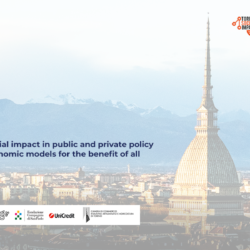 A New Impact Era: the GSG Leadership Meeting in… 14 April 2022
A New Impact Era: the GSG Leadership Meeting in… 14 April 2022 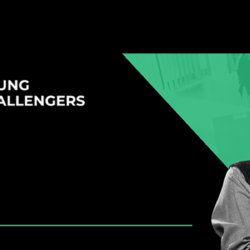 Young Challengers Program 2022 7 July 2022
Young Challengers Program 2022 7 July 2022  Turin chosen to host Cities Forum 2023 26 April 2022
Turin chosen to host Cities Forum 2023 26 April 2022 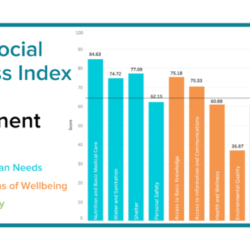 Announced the 2020 Social Progress Index 6 October 2020
Announced the 2020 Social Progress Index 6 October 2020 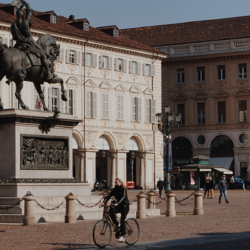 The GSG Leadership Meeting arrives in Turin! 1 March 2022
The GSG Leadership Meeting arrives in Turin! 1 March 2022 
